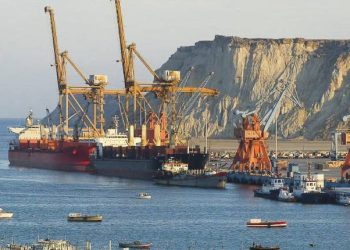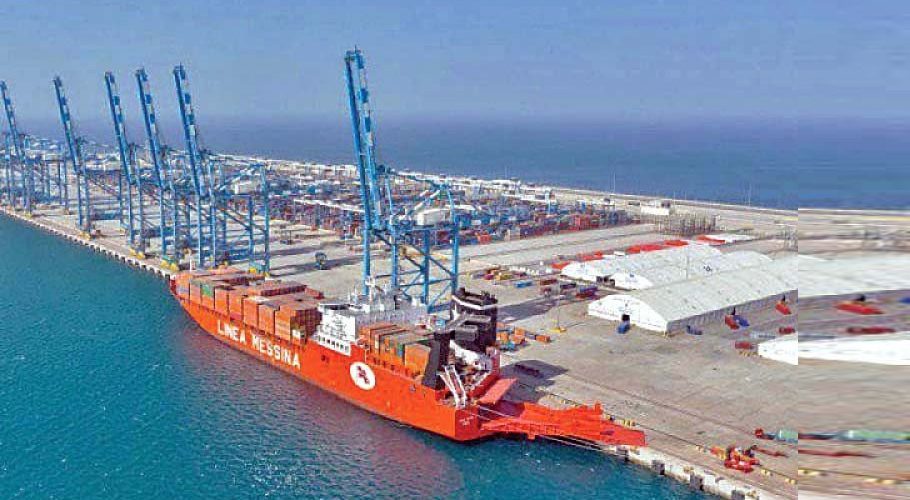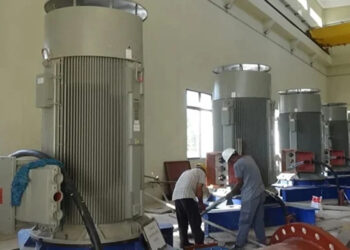Facts have come to light regarding the destruction caused by Independent Power Producers (IPPs) to the national economy.
According to a report by the reputable newspaper Express, based on sources, IPPs received billions of rupees from the Government of Pakistan without producing any electricity.
These companies entered into flawed contracts, the burden of which is now being borne by the government.
The report claims that compared to Bangladesh and Vietnam, IPPs in Pakistan inflated the costs of wind power plants by four times through over-invoicing, even though the capacity was the same.
Despite Pakistan’s coal reserves, IPPs rely on imported fuels such as high-speed diesel and imported coal to generate electricity. As a result, the cost of electricity has skyrocketed.
Moreover, IPPs imported fuel but did not generate electricity proportional to the fuel used. They also received billions of rupees in subsidies and maintenance fees from the government, while only a fraction of the allocated amount was actually spent on plant maintenance.
IPPs have consistently avoided a forensic audit, despite repeated demands from the government. Shockingly, the government not only covers the insurance costs for the IPPs but also bore the initial expenses of setting them up.
The government has also provided tax exemptions and insurance benefits to IPP owners. Despite bearing all these expenses, once the contract term ends, the plants will not become government property. Although many IPP owners are Pakistani citizens, the contracts were deliberately made under foreign names.
Energy sector experts reveal that due to the hefty payments made to IPPs, the government is struggling to invest in other crucial sectors. IPPs have earned profits hundreds of times over their initial costs, so experts recommend revisiting these contracts.
It is also noted that a few powerful families have monopolized most IPPs in Pakistan. This collusion has cost the government billions of rupees. However, some IPPs are now voluntarily willing to renegotiate and lower prices in discussions with the government.


































